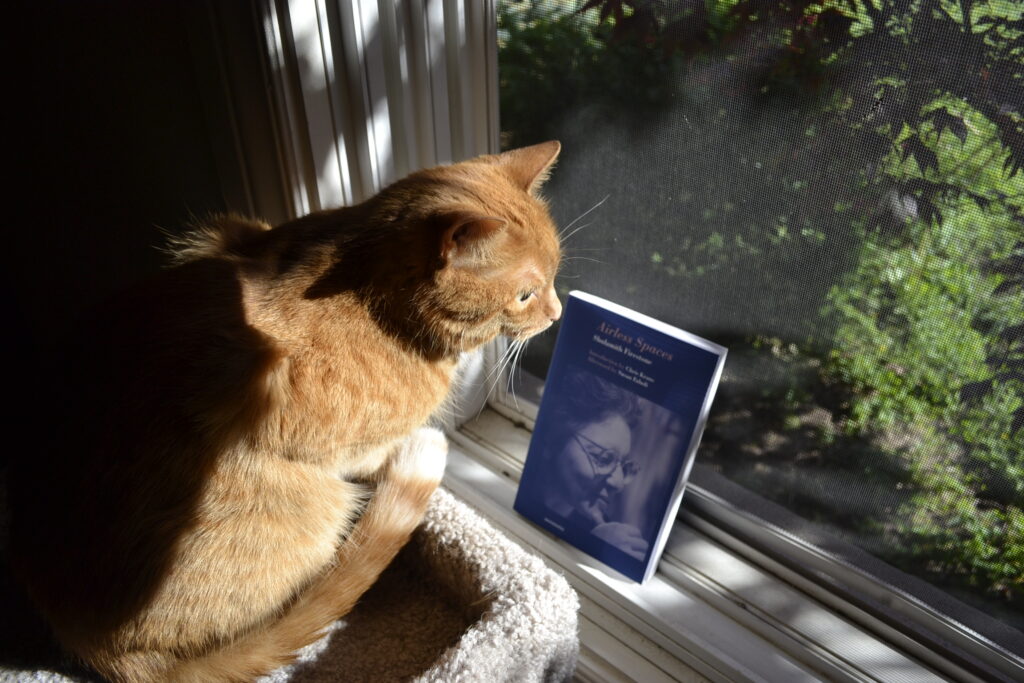When Packages Go Wrong
Myself and my lovely spouse don’t get a lot of packages, but, when we do shop online, we tend to do so in clumps. Last week we had to replenish our stock of shampoo bars and a few household things. And while most of them arrived and were everything we’d hoped for (meaning what we’d ordered), one of them was not. One of them was a similar order for someone with a similar name.
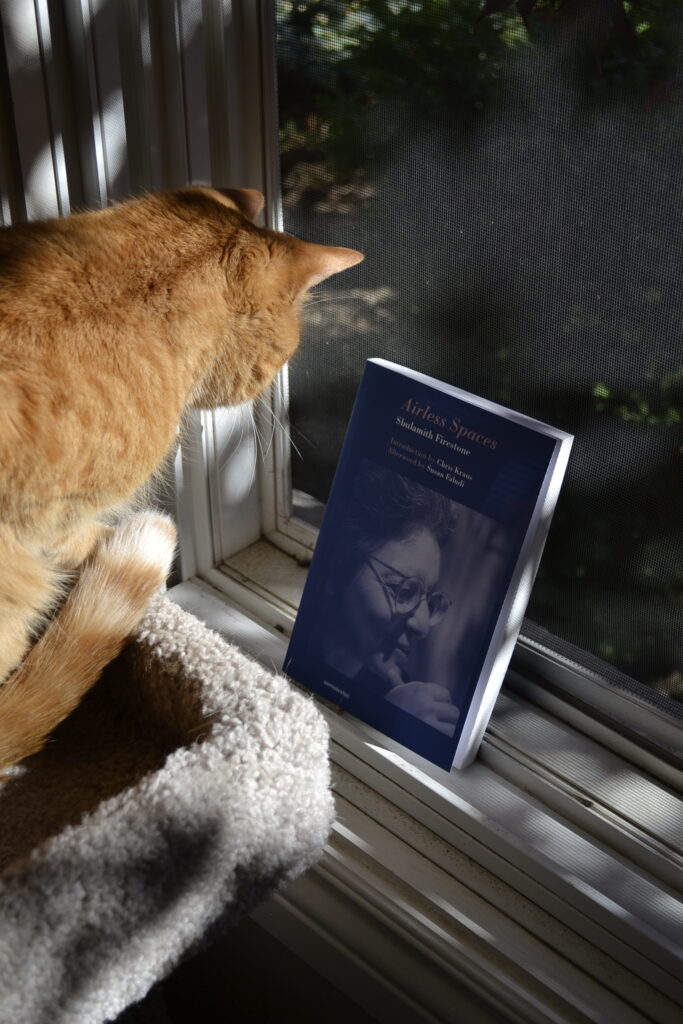
Things happen, and while I don’t get really get annoyed by these foibles of fate, I do sigh heavily at the process before me of contacting the company and trying to pay them for the extra product they sent me. It’s funny, but these moments always strike me as so, well, human. Online shopping is usually like ordering things in a void and those things magically showing up. These mistakes are a reminder that there is a human on the other side of the void, and things are not as completely soulless as they sometimes seem. Human error is sometimes a cause for celebration right now.

A Background Note
Shulamith Firestone’s Airless Spaces was not made in a void. It was a not a project taken up at random. Instead, it was a piece that came from a deeply personal place. Firestone published The Dialectic of Sex in 1970 when she was only twenty-five and it lit a large part of the world on fire. It’s a classic of second-wave feminism, talking about how to shape the world of the future, and was full of predictions of gender issues that have ultimately come to pass. After writing this work, experiencing the backlash from it, and the death of her brother, Firestone found herself lost at a crossroads when it came to both her personal life and career. Her mental health was suffering. These are the circumstances that drove Firestone to create her first book of fiction — Airless Spaces.
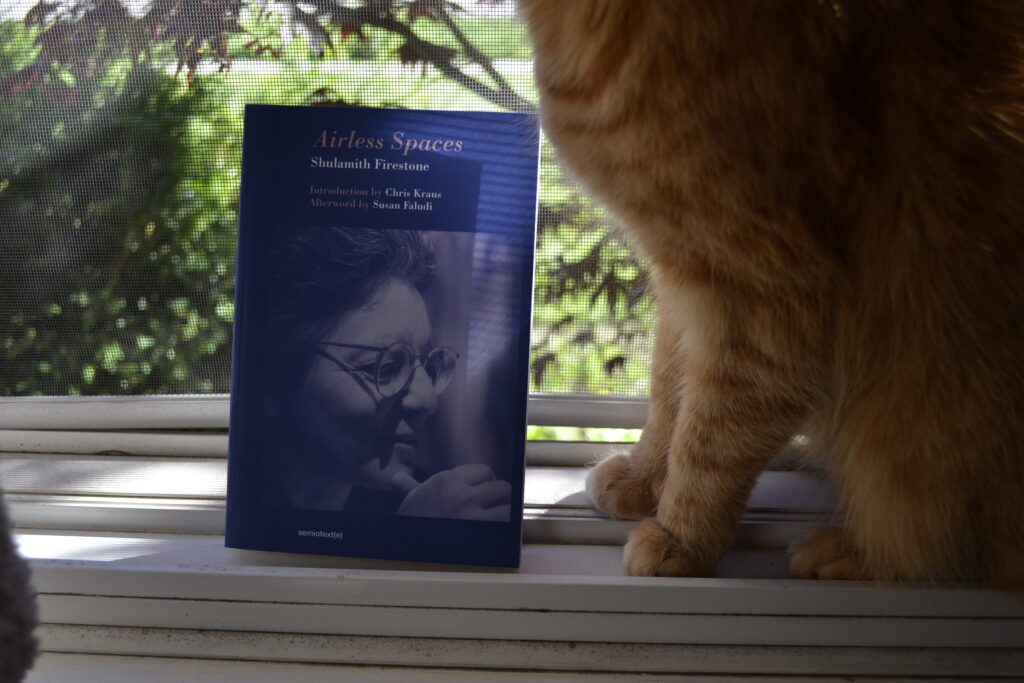
Where Fact Meets Fiction
Airless Spaces is a work of fiction, but these vignettes, characters, and events are drawn from her own personal experience with institutionalization and with her own struggle for identity and independence. Firestone has put herself into the role of narrator and observer, but she cannot remain fully detached from what she is recounting. Even in this airless space, her thoughts, feelings, and reactions leak through in the cracks. Not in a way that is clumsy or unintentional. Instead, it is subtle. A story read between words and outside the phrases. The story of Firestone is intertwined with the ones she created her, and, unfortunately, her death mirrored some of the ones she detailed in this book.
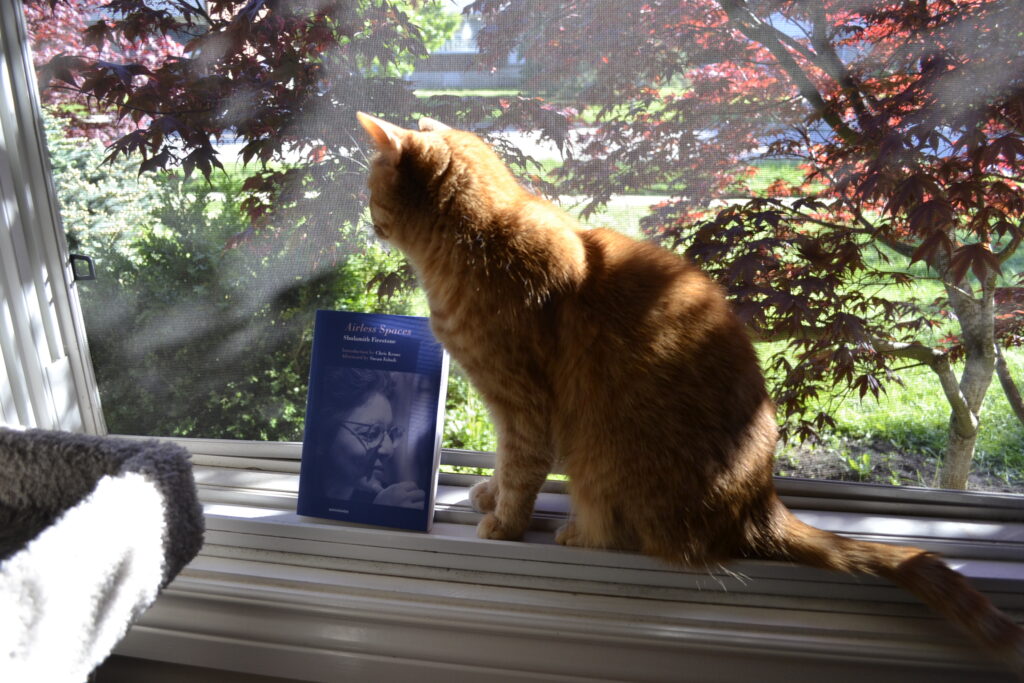
Profound Readability
I love the structure of Airless Spaces. Sometimes books constructed out of vignettes seem to be built on a faulty foundation and have frames that are not enough to withstand the weight of a message or a book. Firestone here has used the flexibility of very short vignettes to construct just what her title implies — an airless space. In this space there is illness, death, cruelty, kindness, success, tragedy, failure, and recovery. These elements all shift around, feed into each other, and support each other. They are all a part of life.

It makes for compelling reading, and it makes for a book that is hard to put down and gives the reader so much to explore, think about, and carry with them. Firestone’s novel is so readable. So simple and so complex. I devoured it inside of a day.
Don’t let the structure make you think that Firestone doesn’t have a lot to say. She does. This is a treatise not just on how women are treated and then discarded by a society that doesn’t make any room for them, but also about how institutions can fail to protect the most vulnerable, and the ailing quality of the mental health system. This book is absolutely essential reading for feminists and for literary scholars in general.
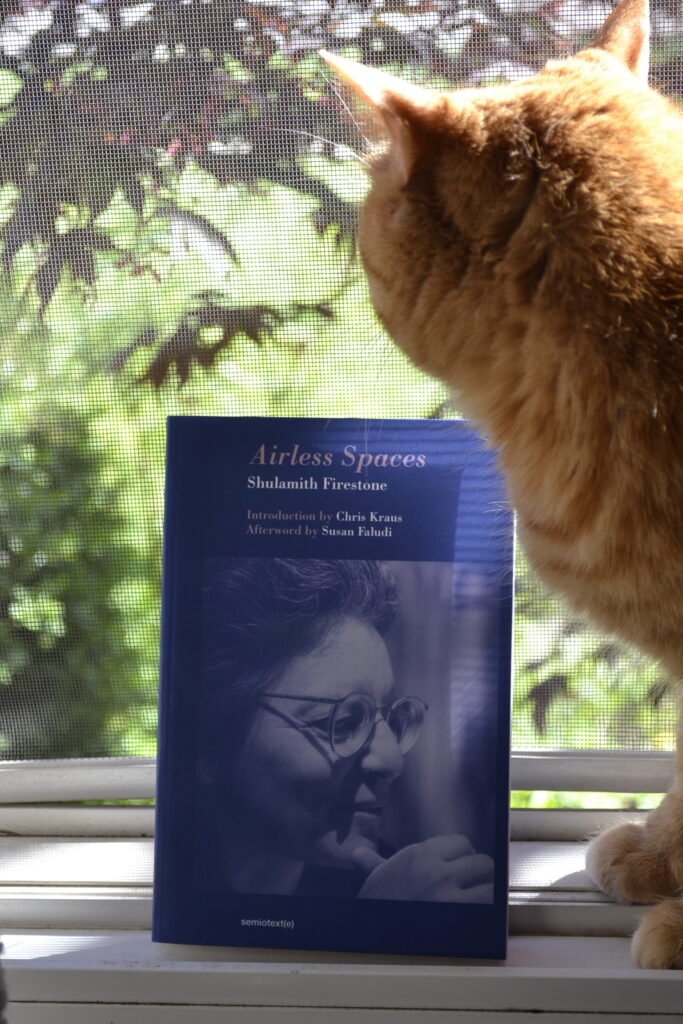
The Price Paid for Convenience
The annoying thing about ordering online and getting packages? The boxes. Because we have five cats that want all the boxes even if we still have boxes from groceries that are still hanging around and more boxes from packages past. Even if they don’t fit in those boxes. Even if they themselves are continually startled by the number of boxes or their locations. They still want. Every. Single. Box.
We actually have to slowly move them closer to the door and to the recycling so that we can get them used to letting them go.
Wow, I might spoil my cats a little much.
